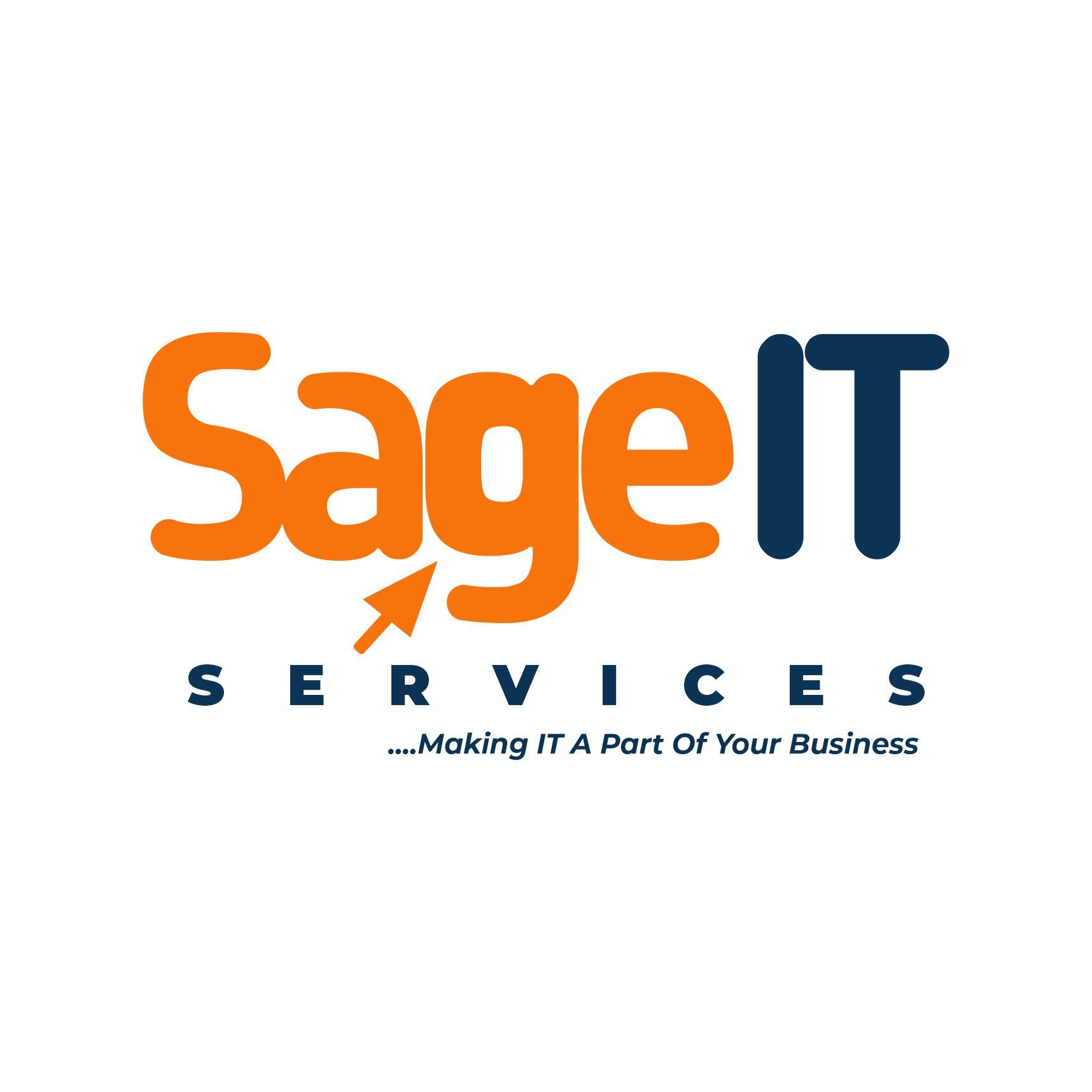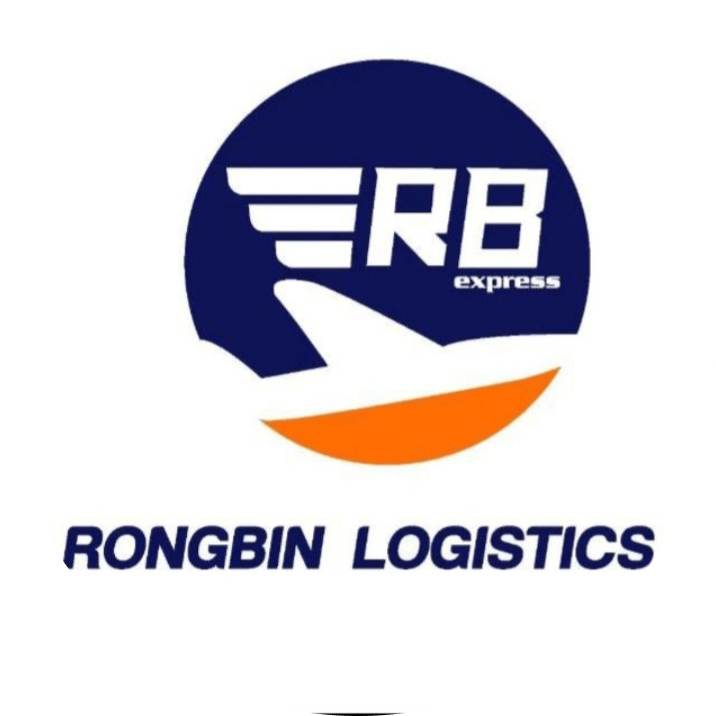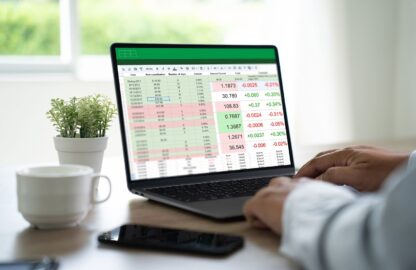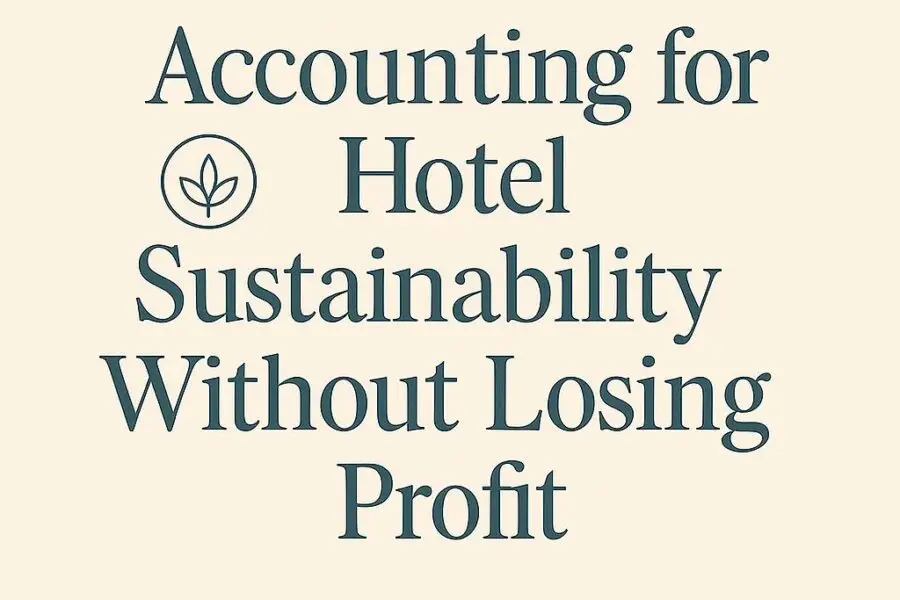
Sustainability is no longer just a buzzword in the hospitality industry. With travelers in the U.S. and Canada actively seeking eco-conscious stays, hotels are investing in everything from energy-efficient lighting to solar power and water-saving fixtures. But one major concern persists: how do you account for these upgrades without hurting your bottom line?
The answer lies in treating sustainability not just as an ethical obligation but as a strategic investment — one that, with proper accounting, can improve long-term profitability.
Green Efforts Are Capital Investments
A big reason hotels hesitate to go green is cost. Solar panels, HVAC upgrades, and smart systems aren’t cheap. But most of these qualify as capital expenditures (CapEx) — meaning they’re depreciated over time rather than counted as immediate expenses.
For instance, a $75,000 solar installation can be amortized across its useful life, easing short-term pressure on your finances. In the U.S., IRS Section 179 and bonus depreciation allow for significant upfront deductions on qualifying equipment. In Canada, similar incentives exist through provincial energy programs.
This kind of accounting treatment helps protect cash flow while investing in long-term operational savings.
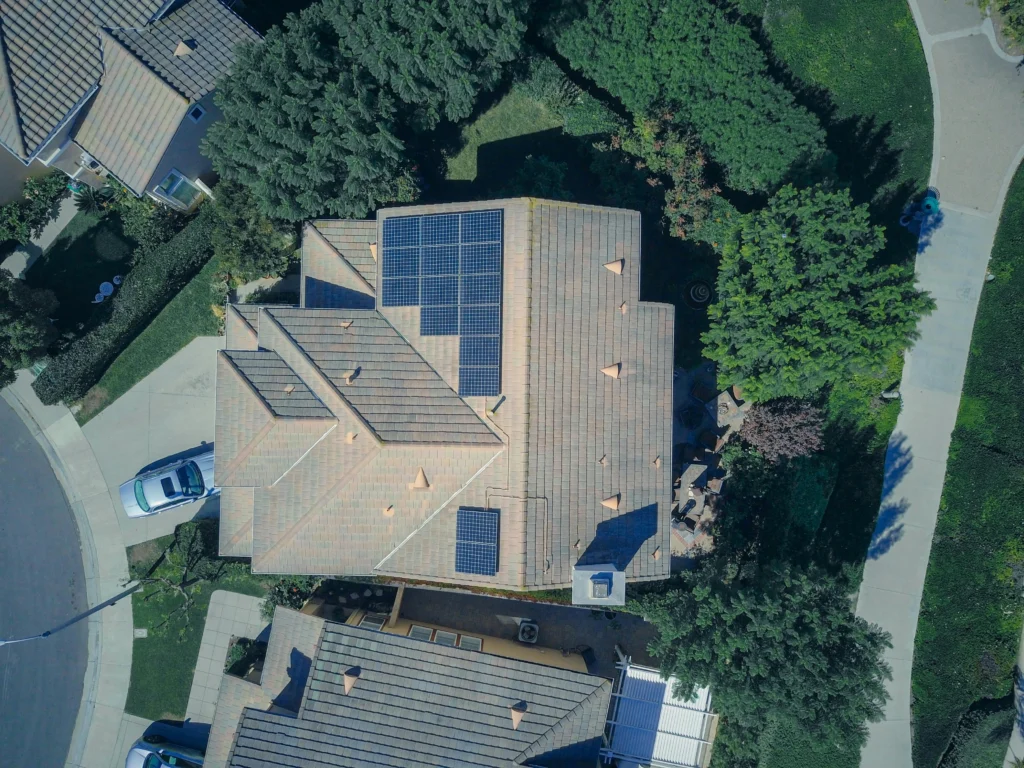
Sustainability Brings Measurable Returns
Energy-efficient systems often cut utility bills by 20–40%, and newer technology reduces maintenance costs. These savings stack up fast — especially for hotels with multiple locations.
There’s also the branding benefit. Eco-conscious travelers are more likely to book and recommend hotels that showcase sustainable practices. This can lead to higher guest satisfaction, loyalty, and even nightly rates.
Being green also puts your hotel on the radar of ESG-focused investors and corporate partners, further increasing your appeal in a competitive market.
The Role of ESG Reporting
ESG (Environmental, Social, and Governance) reporting is becoming a new standard, especially for larger hotel brands and investor-backed properties.
It involves tracking metrics like:
- Energy and water usage
- Waste diversion and recycling
- Emissions and sustainability certifications
Platforms like Green Key Global, Measurabl, or Goby help simplify data collection and reporting. This transparency helps demonstrate impact, improve your brand’s credibility, and uncover the best-performing sustainability investments.
Smart Accounting for Sustainable Hotels
To make sustainability profitable, accounting must be intentional.
Capitalize large upgrades like solar systems and energy-efficient boilers. On the other hand, smaller eco-friendly changes — such as compostable packaging or low-waste toiletries — may be treated as operational expenses.
Also, track actual savings against past utility data. For example, if your lighting retrofit saves 30% on electricity, document it. These numbers help you make data-driven decisions and justify future green investments.
And don’t miss out on government grants, rebates, and tax credits. Both U.S. and Canadian programs offer financial support for green upgrades — but many go unclaimed without the right accounting guidance.
Go Green, Stay Profitable
Sustainability doesn’t mean sacrificing profit. In fact, when managed properly, it can strengthen your hotel’s financial health and market position.
By approaching eco-initiatives as capital investments, tracking ROI, and staying compliant with ESG standards, your hotel can make sustainability work — not just for the planet, but for your bottom line.
Ready to Make Your Green Upgrades Pay Off?
We help hotels like yours make smart, sustainable financial decisions. From tax planning to ESG reporting, we’ll guide you every step of the way.
👉 Book a free consultation today and let’s align your sustainability goals with real financial returns.
